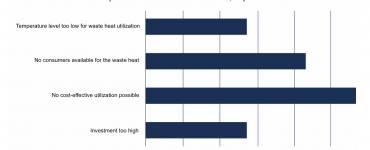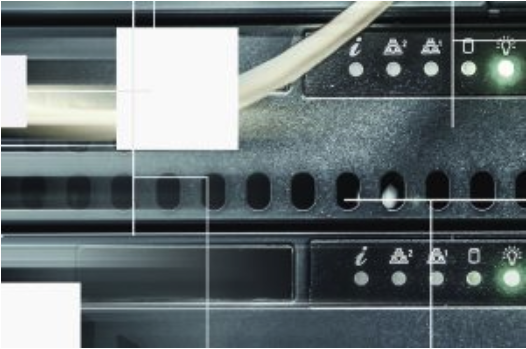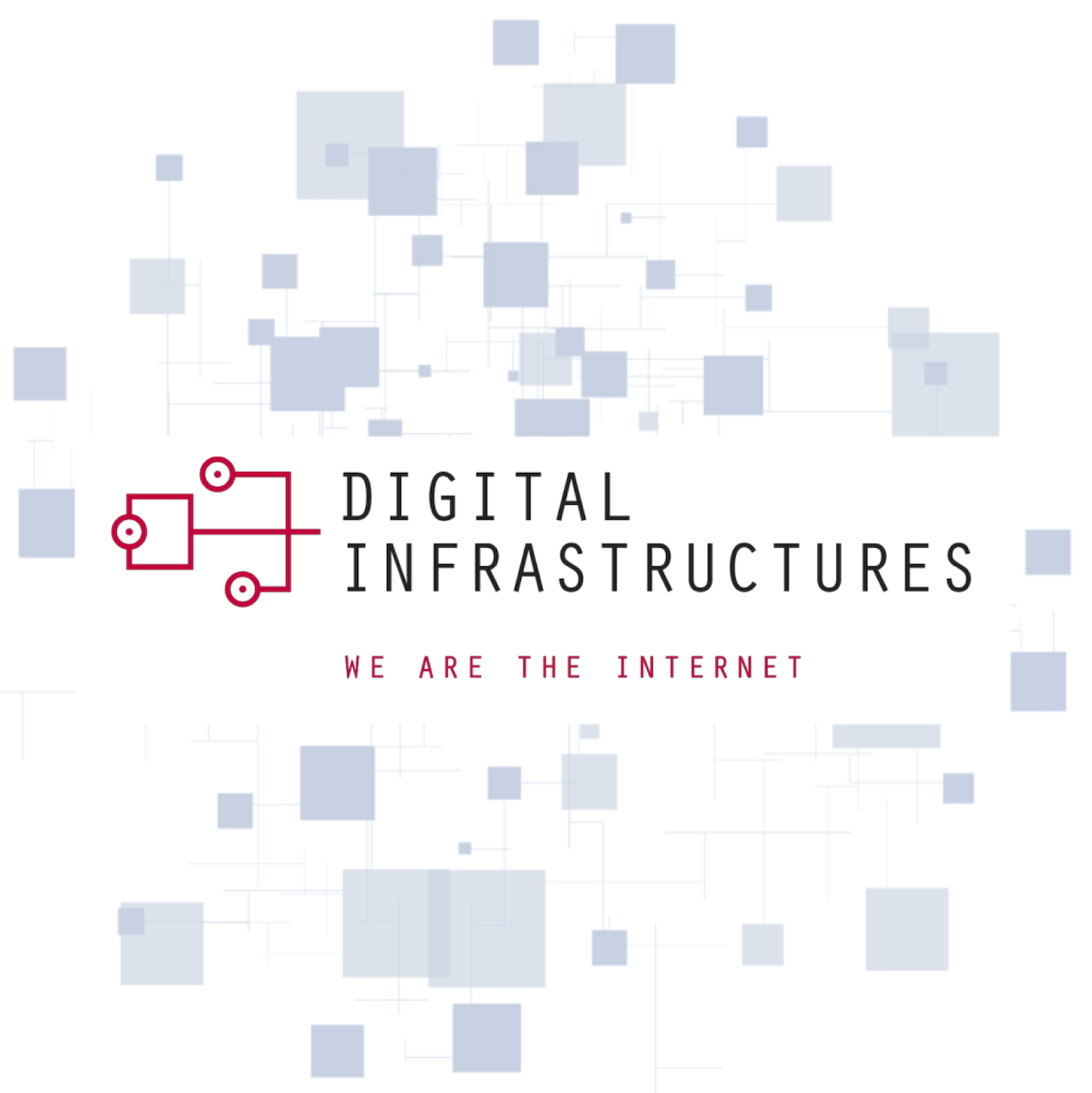Data Centres in Europe – Opportunities for Sustainable Digitalisation – Part I
Part I of a study commissioned by the eco Association for the Alliance for the Strengthening of Digital Infrastructures in Germany, undertaken by the Borderstep Institute and supported by the Vodafone Institute.
DATA CENTRES ARE THE BACKBONE of the digital transformation of economy and society in Germany, Europe and worldwide. As part of the digital infrastructure ecosystem, they are at the same time the guarantor of ecologically sustainable digitalisation in Europe, and can make their contribution to achieving the climate goals in Germany and Europe.
While the demand for computing power due to the ongoing digitalisation of the economy and society has increased tenfold over the past 10 years, the energy consumption per gigabit in data centres is 12 times lower today than in 2010.
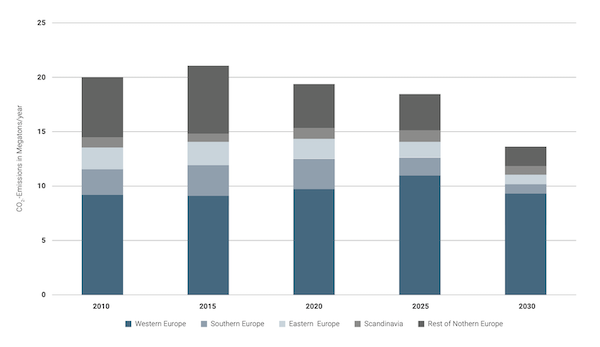
At the same time, CO2 emissions from data centres are falling across Europe. By 2030 CO2 emissions are expected to be reduced by 30 percent. These are the findings of the first part of a study commissioned by the eco Association for the Alliance for the Strengthening of Digital Infrastructures in Germany, supported by the Vodafone Institute, and conducted by the Borderstep Institute.
The complete study on the sustainability potentials of data centres will be published in late 2020 and will examine not only the energy efficiency potentials in the area of power consumption and emissions, but also concrete case studies for energy and resource efficient data centres in Europe, as well as opportunities and challenges that may arise from regulatory frameworks and the waste heat recovery in data centres.
Alliance for the Strengthening of Digital Infrastructures in Germany
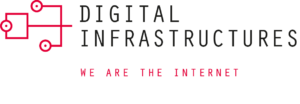
THE INTERNET IS THE BASIS for Germany as a functioning business location and for an open and free society. The Internet industry is a key industry and a growth engine of our time: Its share in the overall economy has been rising continuously for years.
However, while providers of large social media platforms are often in the focus of political and public attention, the companies at the beginning of the Internet value chain – namely operators of digital infrastructures such as data centres and providers of colocation facilities – remain, along with their merits and their challenges, largely unknown. Nevertheless, this industry is of outstanding importance for a successful digital transformation in Germany.
Operators of digital infrastructures play a major role in the digital performance and economic viability of Germany as a business location. The sector is a growth engine, innovation driver, and multiplier for other industries (especially in the Industry 4.0 sector), as well as a guarantor of tax revenues and employment.
In order to draw attention to the importance of digital infrastructures in Germany and to enter into a constructive dialogue with politicians, leading companies from various branches of the digital infrastructure industry, such as data centre operators, co-location providers, Internet service providers, carriers, cloud providers, software manufacturers, and representatives from the application industry have now joined forces under the umbrella of eco – Association of the Internet Industry to form the Alliance for the Strengthening of Digital Infrastructures.
As the largest European association of the Internet industry, eco represents more than 1,100 member companies and has, for more than 20 years, been committed to future-oriented network policy and the constructive exchange between politics and industry.

